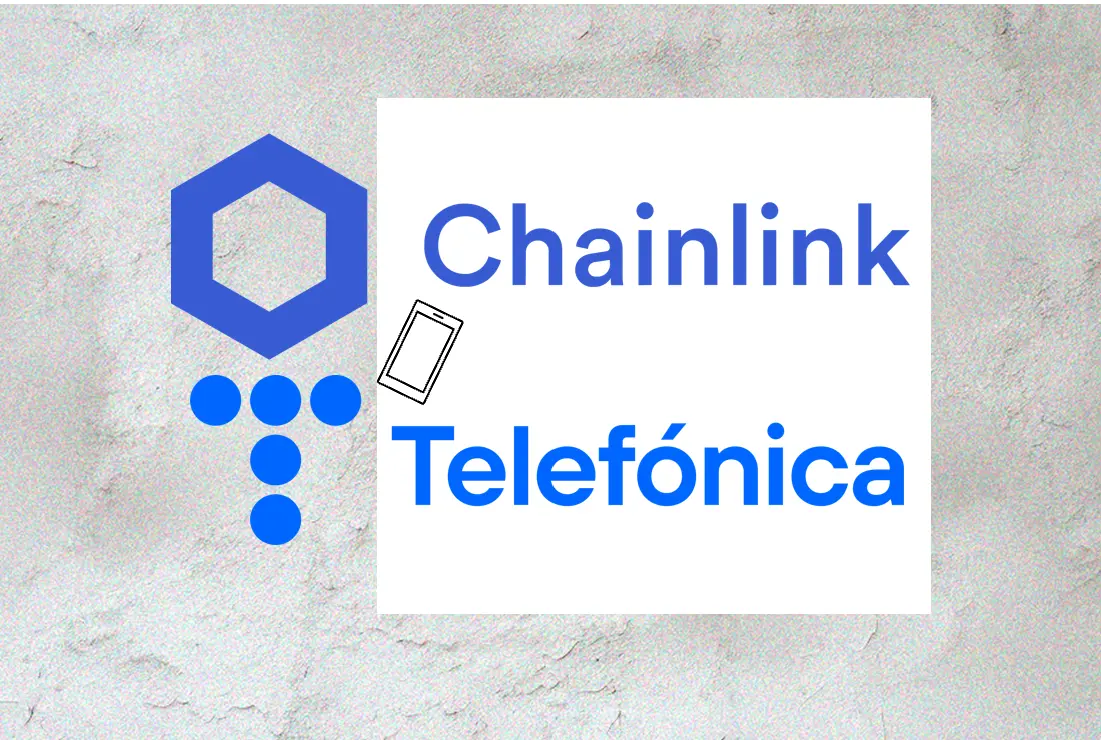
Chainlink has recently entered into a partnership with Telefónica, the leading telecoms operator in Spain. This collaboration aims to tackle the growing problem of SIM swap attacks, which have been responsible for significant financial losses in the cryptocurrency sector last year.
One of the first applications to come out of this collaboration will leverage Chainlink's smart contract to API connector, Chainlink Functions, in conjunction with GSMA’s Open Gateway SIM Swap API.
The GSMA Open Gateway was launched earlier this month by major mobile operators in Spain, including Telefónica, Vodafone, and Orange, aiming to enhance digital security. It offers an API for checking whether a phone number has recently changed SIM cards and is supported by 39 telecom companies across 228 networks globally, including big names like Amazon Web Services, Microsoft Azure, and Nokia.
With this integration, Chainlink and Telefónica will enable Web3 developers to connect smart contracts with the GSMA Open Gateway API. This will allow smart contracts to utilize the API to confirm the legitimacy of a SIM card’s status, thereby thwarting attempts by hackers to misuse stolen or SIM-swapped numbers for malicious activities. If a smart contract detects via an API response that the user’s SIM has recently been swapped, it will halt transaction processing.
However, the practical application of these features in live smart contracts is yet to be fully explored, as no existing smart contracts (dApps) have adopted this API so far. Moreover, most Web3 wallets today do not associate with a SIM card and are unlikely to do so in the foreseeable future, for privacy and decentralization considerations.
Initially, the new feature will be rolled out on the Polygon blockchain. This is one of the four mainnets currently supported by Chainlink Functions.
Telefonica has been active in the blockchain and Web3 space since the early days of the technology adoption. Through its technology arm, the company has invested in a crypto exchange, explored the Metaverse, and most recently partnered with the DePIN project Helium.

